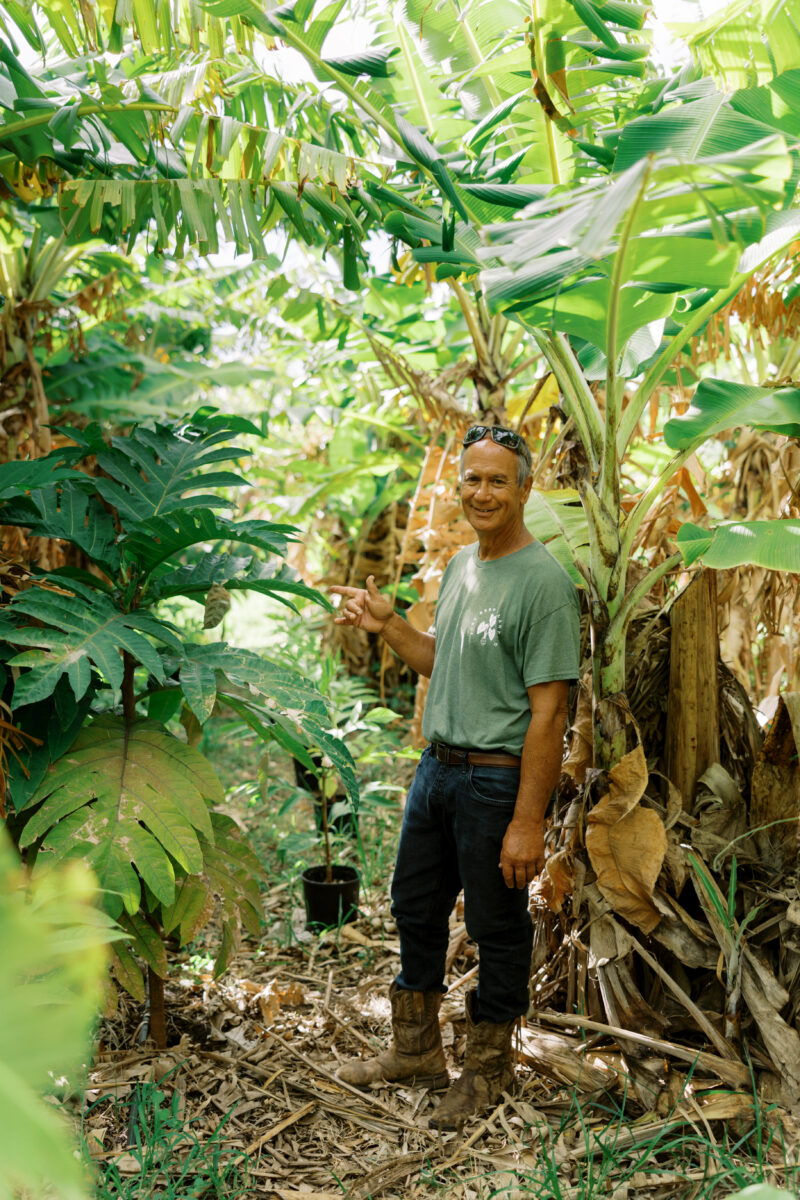
Video of Bobby speaking on Framing Resilience at Hawaii Taro Farm
Hawaiʻi Taro Farm, LLC, and its farmers are dedicated to providing food and education to vulnerable populations and the community, building a food processing hui, ensuring food security and making healthy locally grown foods more accessible to the community, and fostering prosperity in rural farming by harnessing the power of individual farmers and producers building a positive, healthy, and sustainable society.
By working together, we will be able to create economies of scale.
• We seek to create a coalition to realign priorities to address racial equity and racial healing for the community through farming practices that mirror traditional practices of Native Hawaiians and and others.
• Develop a new generation of dedicated farmers and farm supporters working to create a modern ahupuaʻa system on Maui with a focus on community service and participation.
• Create a hub of community commerce by encouraging the development of farmers’ markets, including an array of value-added products. The goal is to improve the accessibility, affordability, and distribution of locally grown and produced food./p>
• Foster the training of farmers and other trades, including the use of farm technology, research, food and soil science, education, training, and traditional Hawaiʻian and other Pacific Islander and Filipino practices, working to promote water and energy conservation and build community.
• A commercial kitchen dedicated to promoting the products grown on the farm and in the community, this will be the only truly farm-focused commercial kitchen on Maui, with the goal of creating products for the local community. This makes it a great complement to the Maui Food Innovation Center.
• Using Korean Natural Methods, Hoʻomanu Farms is a leader in pono practices on their odor-free, humane, pig farm. Our plan includes developing a USDA-approved slaughter operation on site.
Hawaii Taro Farm Mission:
The mission of Hawaii Taro Farm is to address food insecurity on Maui by empowering a collective of diverse community-driven farmers and local stewards with solidarity, education, resources, and Native Hawaiian values.

Hawaii Taro Farm is addressing food insecurity with the intelligence of multicultural regenerative farming practices and the values of the indigenous host culture of these islands.
- Nearly six in 10 (59%) Maui residents say they have had to cut back on food and groceries in the past year because they were short on money. This is one of many reasons why food sovereignty and security for Maui is a high priority.
- A Native Hawaiian, Robert Pahia has a vision to create an abundant, equitable, local food system that fosters the people and the ʻaina. He purposely recruited farmers of all races and backgrounds to help seed the path of justice and equity for those most vulnerable.
About our farming culture: - The plan is to establish distribution channels across Maui and, eventually, all Hawaiʻi to create a robust locally grown, ethenically-inspired food network that connects people with their culture, improves health and well-being, heals the land, and sustains the people.
- Different regenerative practices are being tested in consultation with indigenous farmers and soil scientists to determine the best approach to healing and perpetuating the land
